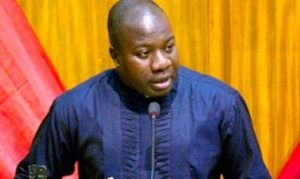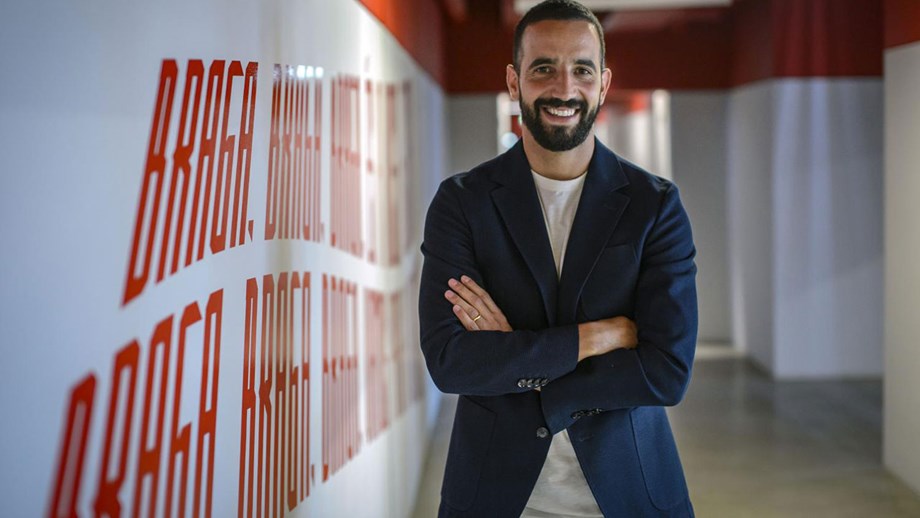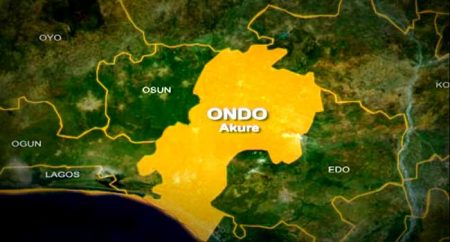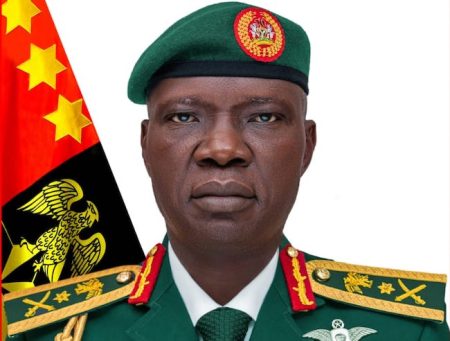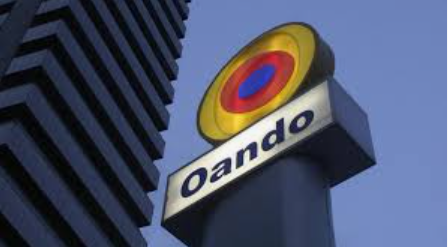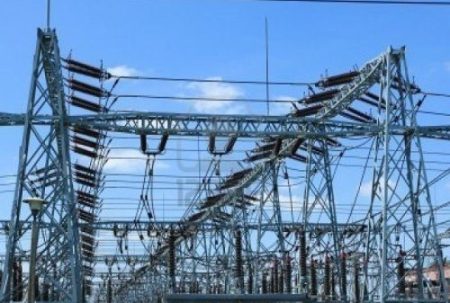Manchester United’s tumultuous start to the current season has resulted in the dismissal of manager Erik ten Hag, who was sacked following a disappointing tenure that saw the team languishing in 14th place in the Premier League. The final straw was a 2-1 defeat to West Ham, marking the team’s fourth loss in just nine league games. United, despite being one of the wealthiest clubs globally and investing heavily in new talent during the transfer market, has managed to secure only one win in their last eight outings across all competitions. In the aftermath of Ten Hag’s departure, former United striker Ruud van Nistelrooy has been named as the interim manager, while the club reportedly engages in negotiations with Ruben Amorim, the 39-year-old manager of Sporting Lisbon, to assume the head coaching role.
The conditions surrounding Ten Hag’s dismissal were complex, given his previous successes during two seasons with the club. He had led United to victory in two trophies, including the League Cup and the FA Cup, and had finished third in the league in his debut season. However, after a promising start to his time at Old Trafford, Ten Hag faced mounting pressure as injury woes and underperforming signings derailed the team’s progress. A significant portion of the club’s investment, exceeding £600 million, failed to yield the expected results, with particular disappointment stemming from the performances of high-profile signings like Brazilian forward Antony. This season has been marked by humiliating defeats on home turf, raising questions about Ten Hag’s ability to instigate a recognizable and effective playing style.
Overall, Ten Hag’s time at Manchester United represented a stark contrast between initial success and subsequent decline. Despite starting strong in his first season and achieving tangible successes, the Dutchman struggled to maintain that momentum as the team faced consistent setbacks. An internal review, following an eighth-place finish last season, had initially resulted in Ten Hag retaining his position, despite doubts about his suitability for the role. His contract extension in March 2024, which included backing in the transfer market, proved futile as the club continued to flounder. The arrival of new players and restructuring efforts spearheaded by owner Jim Ratcliffe were aimed at revitalizing the squad, yet the lack of tangible improvement led to an outcry regarding Ten Hag’s leadership and tactics.
Former club players and pundits have been vocal regarding Ten Hag’s downfall, asserting that the inevitable sacking was a result of the club’s “unacceptable” performance. Gary Neville criticized the team’s league position in light of substantial financial investments, while Rio Ferdinand compared Ten Hag’s situation to a boxer succumbing in the ring, unable to recover from initial setbacks. Alan Shearer noted that Ten Hag’s fate was seemingly sealed once discussions with potential managerial replacements were revealed. These comments highlight a sense of disappointment that has enveloped the club, exacerbated by the lack of competitive success since Sir Alex Ferguson’s retirement in 2013, during which five permanent managers have been dismissed without challenging for the league title.
The shift toward potential replacement Ruben Amorim signifies a strategic pivot by the Manchester United hierarchy. Amorim, touted as one of Europe’s most promising coaching talents, has garnered attention due to his successful tenure at Sporting Lisbon. Reports indicated that United were in discussions with him and were prepared to activate his release clause to bring him to Old Trafford. His candidacy comes on the heels of speculation he’d been approached by Liverpool, which underscores his growing reputation in European football. Moving forward, Amorim’s appointment could signal a desire to adopt a fresh approach that resonates better with the club’s ambitions and the broader expectations of fans and stakeholders alike.
Ultimately, Ten Hag’s exit from Manchester United encapsulates a broader narrative of managerial instability and performance issues that have plagued the club in the post-Ferguson era. This situation continues to generate intense debate among fans and pundits, as the club searches for stability and a path back to glory. The hopeful arrival of Amorim may provide a much-needed revitalization, yet it remains to be seen how he would address the persistent issues that have stymied United in recent years. The upcoming months will be crucial for the club as it navigates this transitional phase, aiming to reclaim its status as a competitive force both domestically and in Europe.


